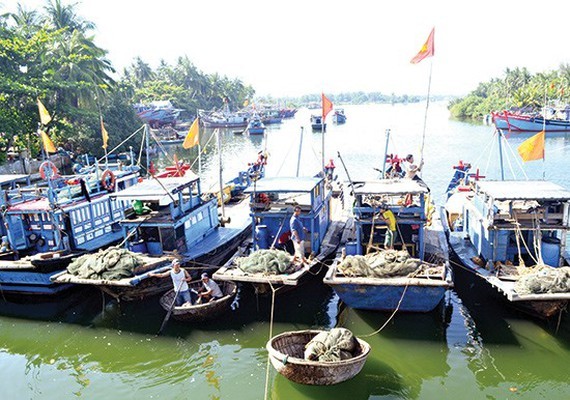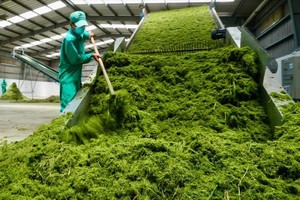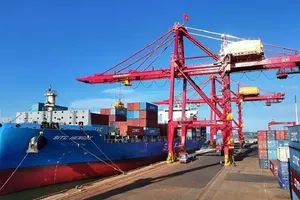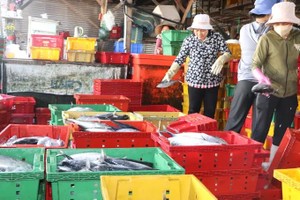
For the yellow card to be removed, the EC made four groups of recommendations that Vietnam needs to implement in the near future which include, improved legal framework; monitoring, inspecting and controlling fishing vessel activities and fleet management; certification of production and traceability of fishery products from catch; and efficient law enforcement.
According to information from the Ministry of Agriculture and Rural Development, due to the Covid-19 pandemic since early 2020, the EC cannot directly assess Vietnam, but the Ministry regularly updates the implementation results as per the previous four groups of recommendations. However, the results so far are still receiving yellow cards and when this will switch to a green card or even red, no one can say in advance. We need to review all of our regulations and law enforcement methods, especially at the local level where fishing activities take place. What can be done, what can't be done, needs to be made transparent when working with authorities. The EC has actual check procedures, and does not decide just by looking at a written report on whether to withdraw the yellow card or not.
In the current context, when the Covid-19 pandemic situation is becoming very complicated in so many localities, neglect in enforcement and control may occur. It forces localities to have clearer solutions on how to fight the pandemic and also ensure the best implementation of EC recommendations. We are entering a new goal of removing the yellow card by 2022. If we don't do this well, we lose the opportunity, and even the yellow card may be changed to a red card.
A red card is something no country wants because the consequences are grave. We stand to lose the EU market, and it is estimated that Vietnam's seafood industry will lose about US$480 mn per year if it loses the EU market. In particular, the estimated loss from caught seafood, which includes tuna, swordfish, molluscs, squid, octopus and many other seafood species, is about USD 387 mn per year. Indirect impact on farmed seafood caused by the loss of reputation, the increasing burden of customs control, and the failure to take advantage of preferential tariffs of the Vietnam Free Trade Agreement-European Union (EVFTA) will prove disastrous. The aquaculture industry could lose about US$93 mn due to such indirect impact.
























